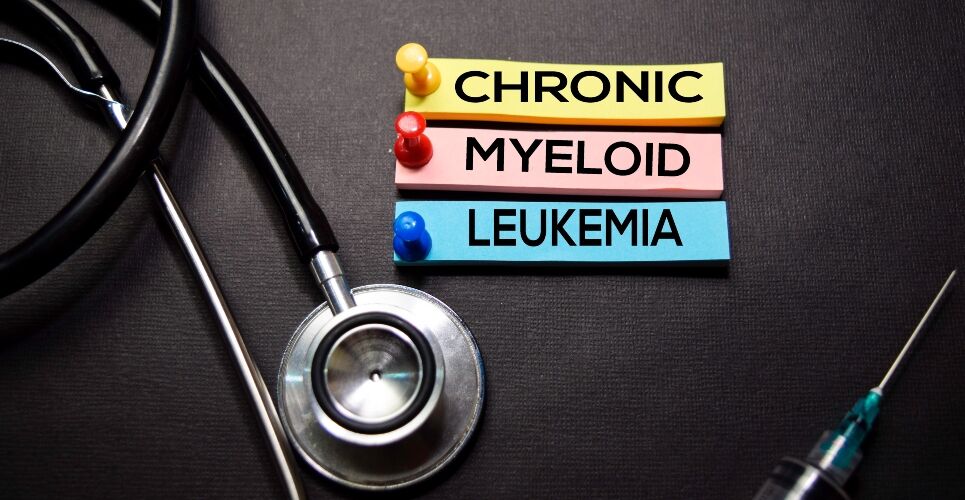A breakthrough in understanding nutrient ‘addictions’ in chronic myeloid leukaemia (CML) cancer cells has led to the discovery of a potential new treatment option for the condition.
Published in the journal Nature Communications, the study, led by the University of Glasgow, focused on identifying the role glucose plays in the behaviour of treatment-resistant CML stem cells.
The researchers found that these cells use glucose to fuel their mitochondria, which protects them from cancer treatments.
To combat this, the researchers successfully targeted the CML stem cells using an investigational drug that prevents them from absorbing glucose, weakening them and potentially making them more susceptible to cancer treatments.
The same drug, MSDC-0160, has been tested in other clinical trials for the treatment of type 2 diabetes and Alzheimer’s disease.
The research team is now exploring the possibility of pursuing a clinical trial to see if combining this drug with current CML treatments would benefit patients.
Professor Vignir Helgason, lead author of the study from the University of Glasgow, said: ‘Research has shown that cancer cells often rely on increased uptake of specific nutrients – sugar, proteins or fats – to survive. This suggests that if we can use drugs to target that nutrient uptake, it may in turn improve cancer treatments.
‘Our study investigated specific nutrient “addictions” in CML cancer cells. We were able to reveal that CML cancer cells use an increased amount of glucose to support their nutritional needs. Encouragingly, we were also able to show that the same cancer cells were sensitive to a newly developed anti-diabetic drug that prevents a normal breakdown of glucose, blocking the cells’ ability to absorb it.’
Dr Kevin Rattigan, co-author of the study, from the University of Glasgow’s School of Cancer Sciences, added: ‘Our study has revealed that the addiction to glucose is an Achilles heel for the CML stem cells that are resistant to current therapies. We were also able to show that a newly developed drug can prevent CML stem cells using glucose for energy. This breakthrough may lead to improved therapy options and outcomes for patients.’
Currently, CML is treated with tyrosine kinase inhibitors (TKIs), which limit the advancement of the disease but do not target the CML stem cells directly. Patients must remain on TKIs for the rest of their lives, with associated side effects and the risk of developing resistance to the drugs.
Commenting on the study results, Sarah McDonald, Blood Cancer UK’s deputy director of research, said: ‘Blood cancer is the UK’s third biggest cancer killer and receiving a blood cancer diagnosis can be life changing. While there is currently no cure for this form of blood cancer… research findings like these give the 750 people diagnosed with CML each year in the UK hope. ‘Looking at how existing drugs can be used in other conditions maximises their potential and provides insight into where future research can help those with CML.’

